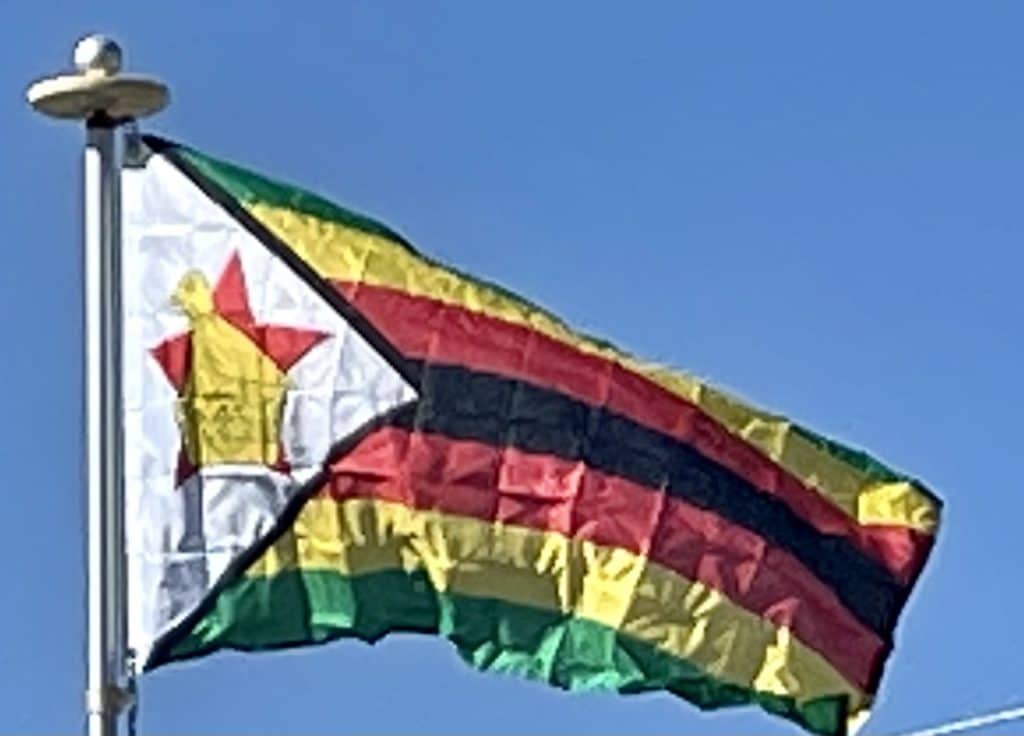

Zimbabwe
On 29 March 2008, Zimbabwe held a presidential election along with a parliamentary election. The results of this election were withheld for two weeks, after which it was generally acknowledged that the Movement for Democratic Change – Tsvangirai (MDC-T) had achieved a majority of one seat in the lower house of parliament.
On 10 July 2008, Russia and China vetoed UN sanctions on Zimbabwe pushed by the United Kingdom and the United States. The United States drafted the file, which would have placed an arms embargo on Mugabe’s regime. However, nine of 15 countries on the UN Security Council opposed it, including Vietnam, South Africa and Libya, which argued that Zimbabwe was not a ‘threat to international peace and security.’
In late 2008, problems in Zimbabwe reached crisis proportions in the areas of living standards, public health (with a major cholera outbreak in December) and various basic affairs. During this period, NGOs took over from government as a primary provider of food during this period of food insecurity in Zimbabwe.
In September 2008, a power-sharing agreement was reached between Tsvangirai and President Mugabe, permitting the former to hold the office of prime minister. Due to ministerial differences between their respective political parties, the agreement was not fully implemented until 13 February 2009. By December 2010, Mugabe was threatening to completely expropriate remaining privately owned companies in Zimbabwe unless “western sanctions” were lifted.
A 2011 survey by Freedom House suggested that living conditions had improved since the power-sharing agreement. The United Nations Office for the Coordination of Humanitarian Affairs stated in its 2012–2013 planning document that the “humanitarian situation has improved in Zimbabwe since 2009, but conditions remain precarious for many people”.
On 17 January 2013, Vice-President John Nkomo died of cancer at St Anne’s Hospital, Harare, at the age of 78. A new constitution approved in the Zimbabwean constitutional referendum, 2013 curtails presidential powers.
Mugabe was re-elected president in the July 2013 Zimbabwean general election which The Economist described as “rigged.” and the Daily Telegraph as “stolen”. The Movement for Democratic Change alleged massive fraud and tried to seek relief through the courts. In a surprising moment of candor at the ZANU–PF congress in December 2014, President Robert Mugabe accidentally let slip that the opposition had in fact won the contentious 2008 polls by an astounding 73%. After winning the election, the Mugabe ZANU–PF government re-instituted one party rule, doubled the civil service and, according to The Economist, embarked on “misrule and dazzling corruption”. A 2017 study conducted by the Institute for Security Studies (ISS) concluded that due to the deterioration of government and the economy “the government encourages corruption to make up for its inability to fund its own institutions” with widespread and informal police roadblocks to issue fines to travellers being one manifestation of this.
In July 2016 nationwide protests took place regarding the economic collapse in the country, and the finance minister admitted “Right now we literally have nothing.”
In November 2017, the army led a coup d’état following the dismissal of Vice-President Emmerson Mnangagwa, placing Mugabe under house arrest. The army denied that their actions constituted a coup. On 19 November 2017, ZANU–PF sacked Robert Mugabe as party leader and appointed former Vice-President Emmerson Mnangagwa in his place. On 21 November 2017, Mugabe tendered his resignation prior to impeachment proceedings being completed. Although under the Constitution of Zimbabwe Mugabe should be succeeded by Vice-President Phelekezela Mphoko, a supporter of Grace Mugabe, ZANU–PF chief whip Lovemore Matuke stated to the Reuters news agency that Mnangagwa would be appointed as president.
